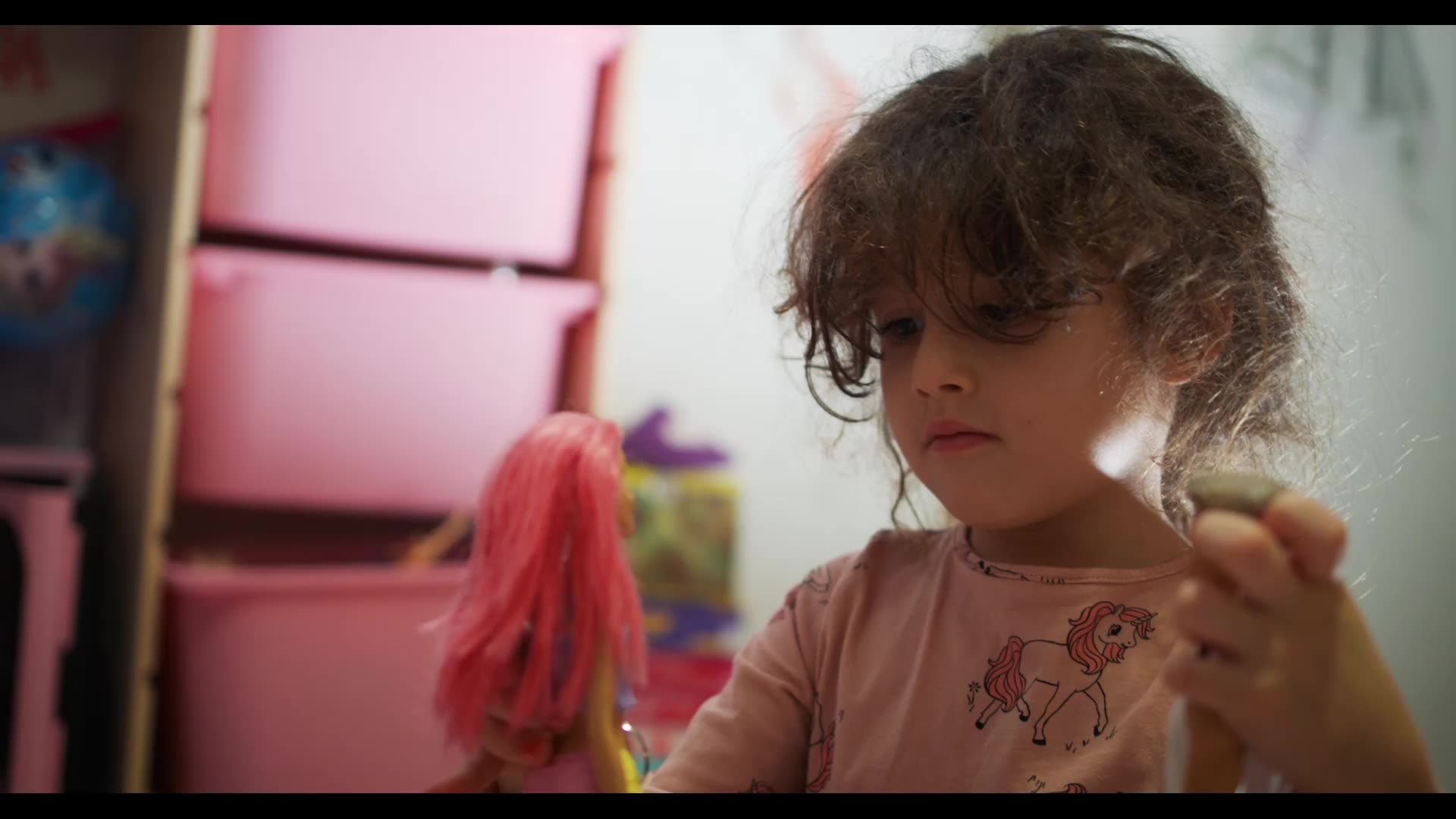You Can Be Anything!
Psychology professor explores how Barbie came of age in an era of body positivity


It's official: Summer 2023 was the summer of Barbie. The doll’s eponymous movie had the biggest box-office debut of the year, grossing more than $1 billion worldwide, and it is set to reach a whole new audience as it debuts on streaming platforms Tuesday, September 12. However, the pink wave of the Barbie tsunami hasn't been without its critics, especially in an era of body positivity. As a scholar of body image and social influence on eating behaviors, Charlotte Markey, professor of psychology and chair of the Health Sciences Department at Rutgers University in Camden, was once one of those naysayers. She even raised her daughter with a strict “no Barbies” rule. But despite Barbie’s decades of negative impact on the self-image of young girls, Markey was pleased to see how the character evolved for the big screen.

Charlotte Markey, professor of psychology and chair of the Health Sciences Department at Rutgers University in Camden
Charlotte Markey, professor of psychology and chair of the Health Sciences Department at Rutgers University in Camden

"There are several studies that have examined Barbie's effect on body image," Markey said. “The classic study, published in 1995 in The International Journal of Eating Disorders, determined the changes required for a woman to approximate Barbie’s figure. Using hip measurements as a constant, a woman would need to be 24 inches taller and increase her chest size by five inches, all while decreasing her waistline by six inches.”
Markey noted that since that time, additional research has shown that girls who played with Barbies expressed interest in being thinner, while girls without Barbies did not. A more recent study indicated that even viewing a picture of Barbie seemed to increase girls’ preferences for thin figures.


Over the years, Barbie’s manufacturer, Mattel, has sought to diversify the doll’s image, releasing editions that present the classic doll as a scientist, a doctor, and the president of the United States. They have also released Barbies with more diverse body sizes and shapes. Despite that, research as recent as 2019 showed that girls preferred the original Barbie when given a choice.
What is the takeaway for parents looking to raise children with a body-positive attitude and a strong sense of self?
"As concerning as some of the research is, I think parents need to remember that we have come a long way, and there will always be multiple influences in a child's life—most importantly, their parents," Markey said.
Markey encouraged parents not to shy away from discussing tough topics like body image. Instead, they should seize the opportunity presented by the movie to have honest, caring conversations with their kids.
“My 16-year-old daughter and I went to see the movie together," Markey said. "There were a few moments I laughed out loud and a few others that left me surprised to feel somewhat emotional. The Barbie in this movie is not perfect or ideal, but actually somewhat complicated—just like real women. I would not say ‘Barbie’ falls amongst my favorite movies, but the movie lent itself to a mature discussion of gender roles, relationships, and body image on the car ride home.”
That's one role Barbie seems to have adopted over the years, whether intended or not: conversation starter.

Creative Design: Karaamat Abdullah